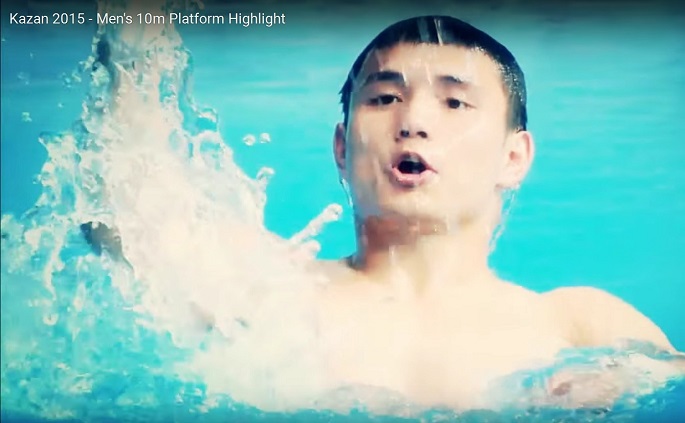The World Anti-Doping Agency (WADA) said on its website on March 24 that it is presently investigating a report accusing some Chinese swimmers of doping.
On its official statement, WADA said that it is “monitoring the situation closely.”
WADA received “relevant information” from The Times, which it is now “scrutinizing to determine the appropriate next steps.”
The Times reported that the allegations came from “whistleblowers within Chinese swimming.”
The whistleblowers claim that “five tests had been hidden to avoid a storm before the Olympic trials next month,” according to The Times.
They asked The Times to inform WADA about this matter.
The whistleblowers couldn’t do it themselves because “state surveillance” prevented them to contact WADA, according to WADA’s official statement.
WADA said that according to the report by The Times, the whistleblowers alleged that “five positive doping tests, from end-2015 and early 2016, were concealed.”
WADA said that FINA, a global swimming federation recognized by the International Olympic Committee (IOC), is also conducting an investigation.
Zhao Jian, deputy director of China Anti-Doping Agency (CHINADA) said that the "positive doping tests were not concealed,” reported Reuters.
Zhao also said that the result of its investigations will be revealed in accordance to existing regulations.
During the 2015-16 season, Tianjin’s An Jiabao, Chinese Navy’s Zhao Ying and Wang Lizhuo “tested positive for Clenbuterol in out-competition tests,” according to Reuters.
The Chinese Swimming Association identified them. It did not, however, name the other three swimmers who failed the doping test in January.
Proclaiming itself as the “global leader of clean sport,” WADA encourages people to report doping through its website and help it “protect the clean athlete.”
Established on Nov. 10, 1999 in Lausanne, Switzerland, the IOC headed the creation of WADA. It holds its headquarters in Montreal, Canada.



























